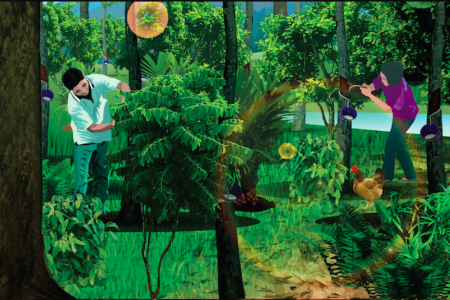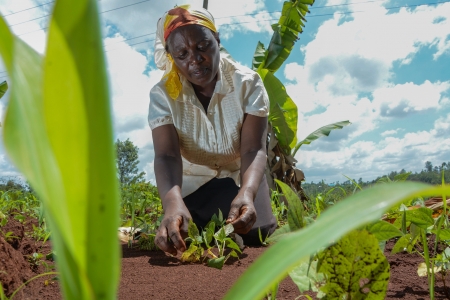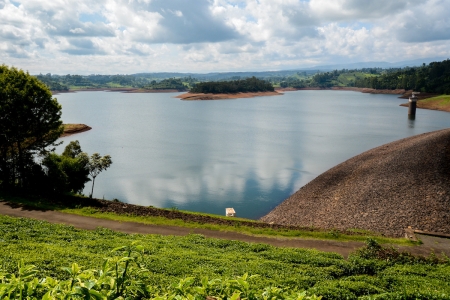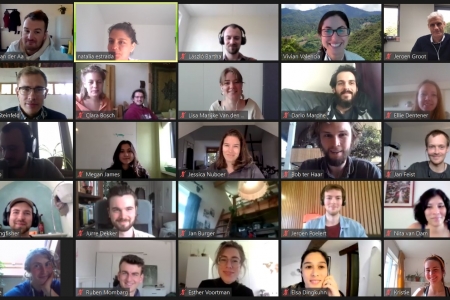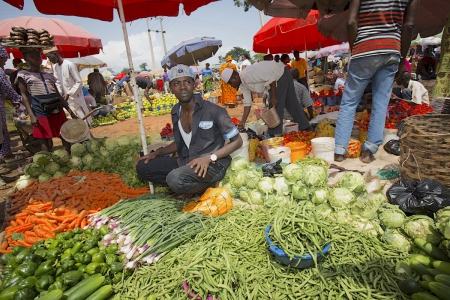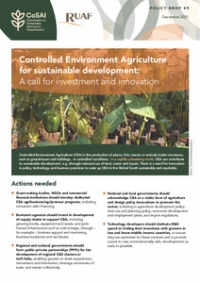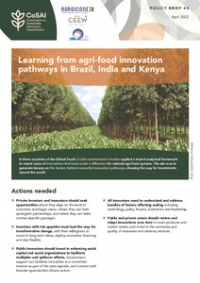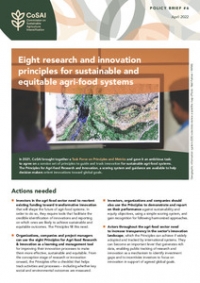Since 2012, WARECOD has supported local people to conduct local knowledge research (Thaibaan) in three communes in the flooding area of An Giang and Dong Thap provinces. The most important outcome of this research have been that villagers have gained the confidence to participate in dialogues with authorities, and have a new willingness to share their findings and ideas with other communities regarding the conservation and protection of water resources, and associated ecosystem services. After doing their research, the local research groups have become nucleus members of river monitoring groups for self-managing water and aquatic resources in their areas. The communities have been using the knowledge that they have gathered and documented to plan for better management of the water resources in their villages. For example, the research showed that one of the main causes of fish catch declines in the area was overfishing. In response, the community now works together to develop communications plans to encourage fishermen to not use destructive fishing gear. They also discussed these issues with local authorities and asked for help to organize a fish release festival at least once a year. Based on the successful results of these projects we are planning to expand our work to four other communities in Can Tho (middle alluvial area), and Soc Trang and Bac Lieu (coastal area). By expanding the Thaibaan to other representative geographical areas of the delta, we aim to (i) compare how communities depend on ecosystem services for their livelihoods and nutrition across sites, (ii) better understand upstream-downstream interdependencies, and (iii) strengthen the connections between different Thaibaan groups in the Lower Mekong region.
menu

